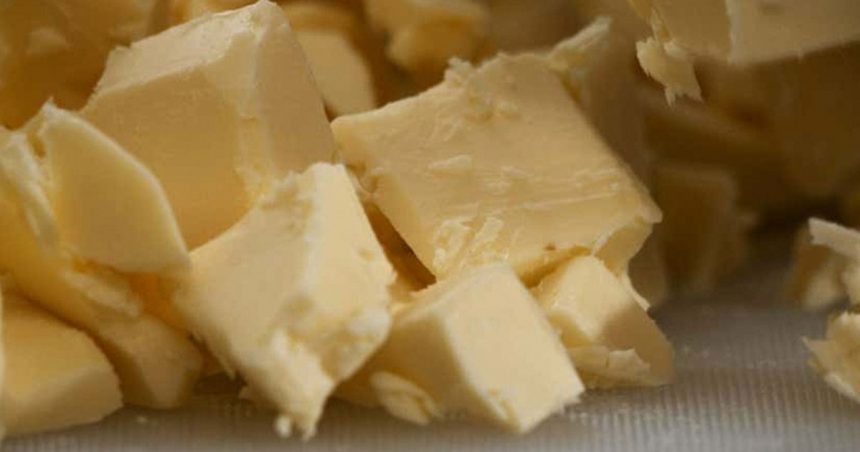The food industry is on the brink of a groundbreaking innovation with the development of CO2-based butter by U.S.-based startup, Savor. This sustainable alternative to traditional animal-based fats is set to revolutionize our dietary habits and address environmental concerns. The process involves synthesizing butter from captured carbon dioxide, offering a scalable solution to reducing greenhouse gas emissions in food production.
The Science Behind CO2-Based Butter
Savor utilizes a unique process to create butter from carbon dioxide, converting it into fatty acids through Fischer-Tropsch synthesis. The final product is indistinguishable from traditional butter and is enhanced with water, emulsifiers, colorants, and flavorings for a rich taste. This innovative approach promises a sustainable and environmentally friendly alternative to conventional butter production methods.
Environmental and Economic Implications
By utilizing synthetic CO2 butter, the food industry can significantly reduce greenhouse gas emissions associated with traditional livestock farming. Studies suggest that lab-made fats have a much lower carbon footprint and require less land, offering a more sustainable solution for food production. With the potential to minimize environmental impact and conserve resources, CO2-based butter represents a promising alternative for a greener future.
Beyond Butter: A New Frontier in Food Production
Savor’s ambitions extend beyond butter to develop fat-based products for various food items. By offering alternatives to dairy and plant-based fats, the company aims to disrupt the agricultural sector and address environmental issues like deforestation. With support from investors like Bill Gates, Savor’s innovative approach holds promise for sustainable and scalable solutions in food production.
Challenges and Consumer Acceptance
While synthetic fats offer environmental benefits, consumer acceptance and cost competitiveness pose challenges. Convincing the public to embrace lab-made fats and ensuring affordability will require strategic communication and education. Despite these hurdles, Savor’s simplified production process and resource efficiency suggest a viable economic outlook for CO2-based butter and synthetic fats.
Conclusion
Savor’s CO2-based butter represents a significant step towards sustainable food production, offering a scalable and eco-friendly alternative to traditional fats. With regulatory approvals and public acceptance, CO2-derived butter could soon revolutionize the food industry. As we move towards a greener future, Savor’s innovative technology heralds a new era in food production and consumption.
Sources
- “‘Butter’ made from CO2 could pave the way for food without farming.” New Scientist. Madeleine Cuff. July 9, 2024.
- “‘Eat fossil fuels’: Bill Gates-backed company makes butter out of thin air.” Interesting Engineering. Ameya Paleja. July 2024.
- “This startup makes rich, creamy butter out of CO2.” Fast Company. Adele Peters. July 15, 2024






